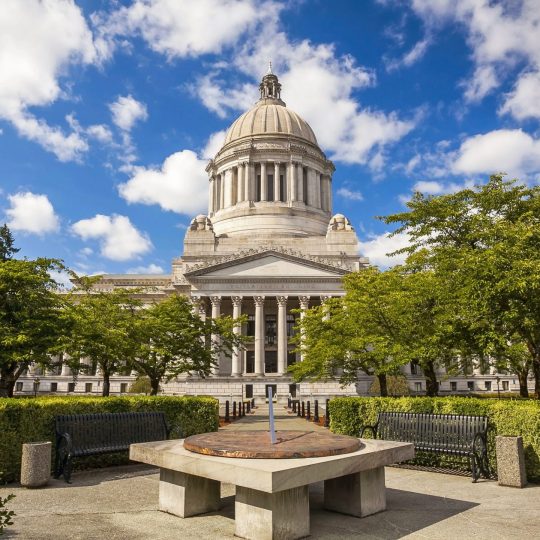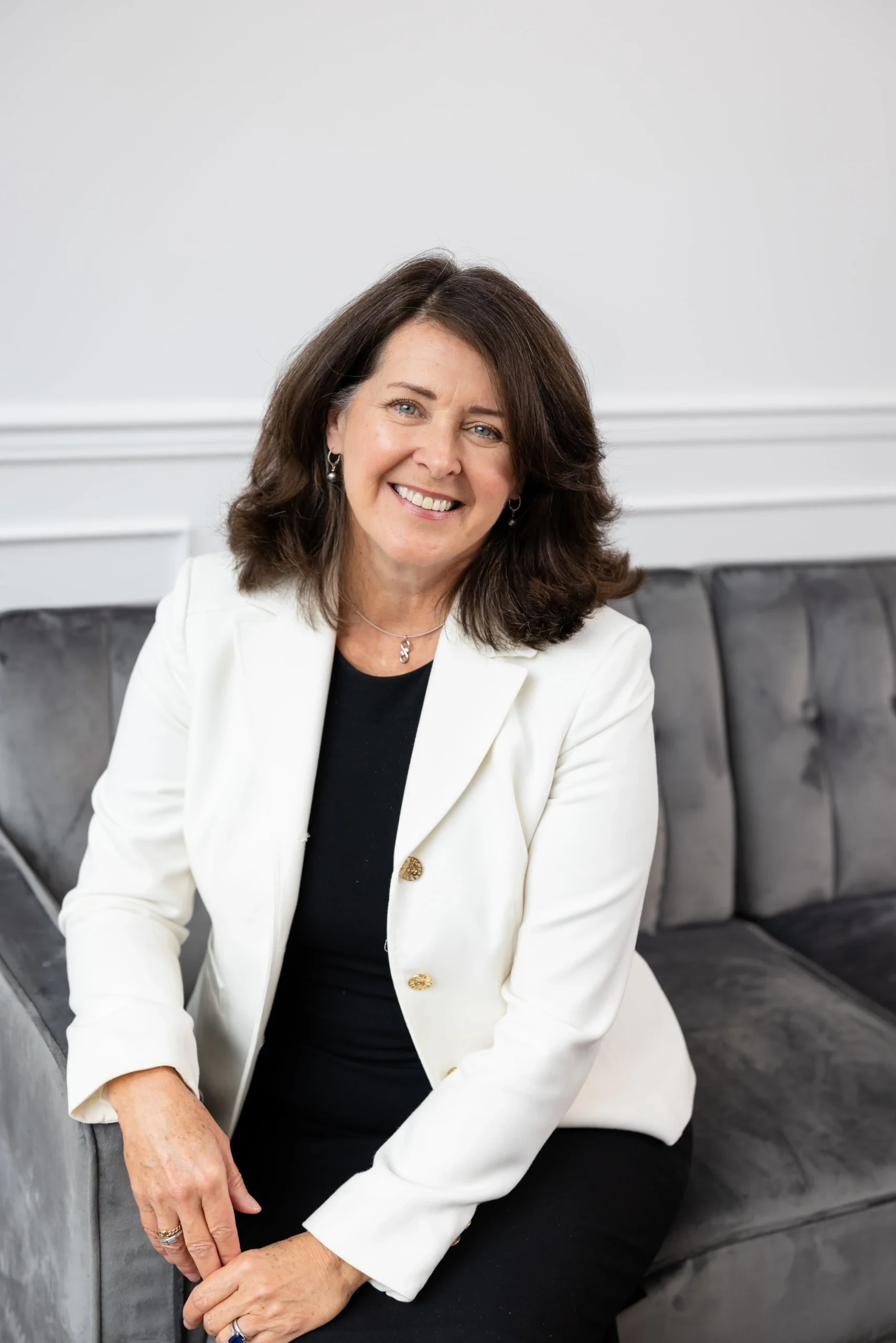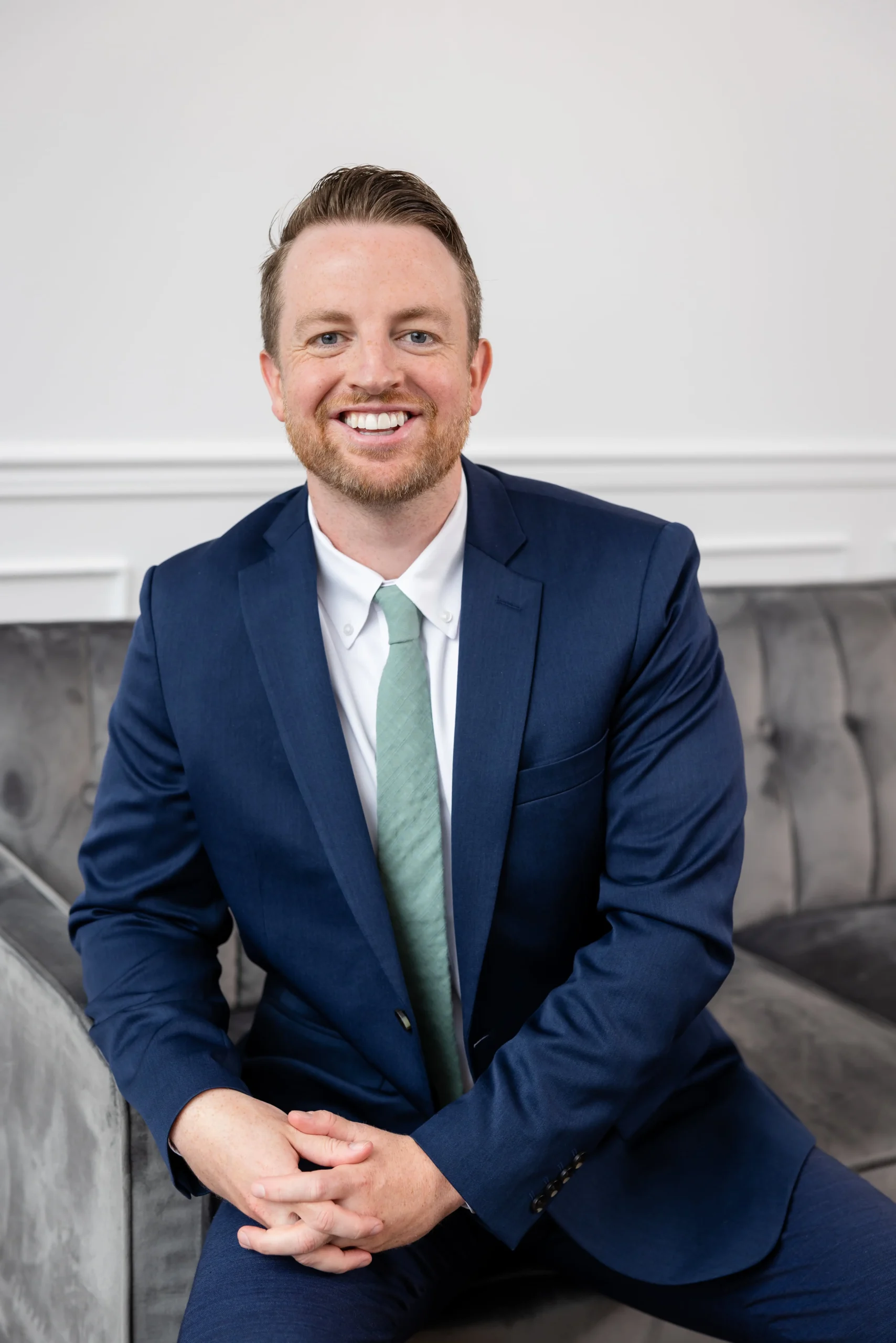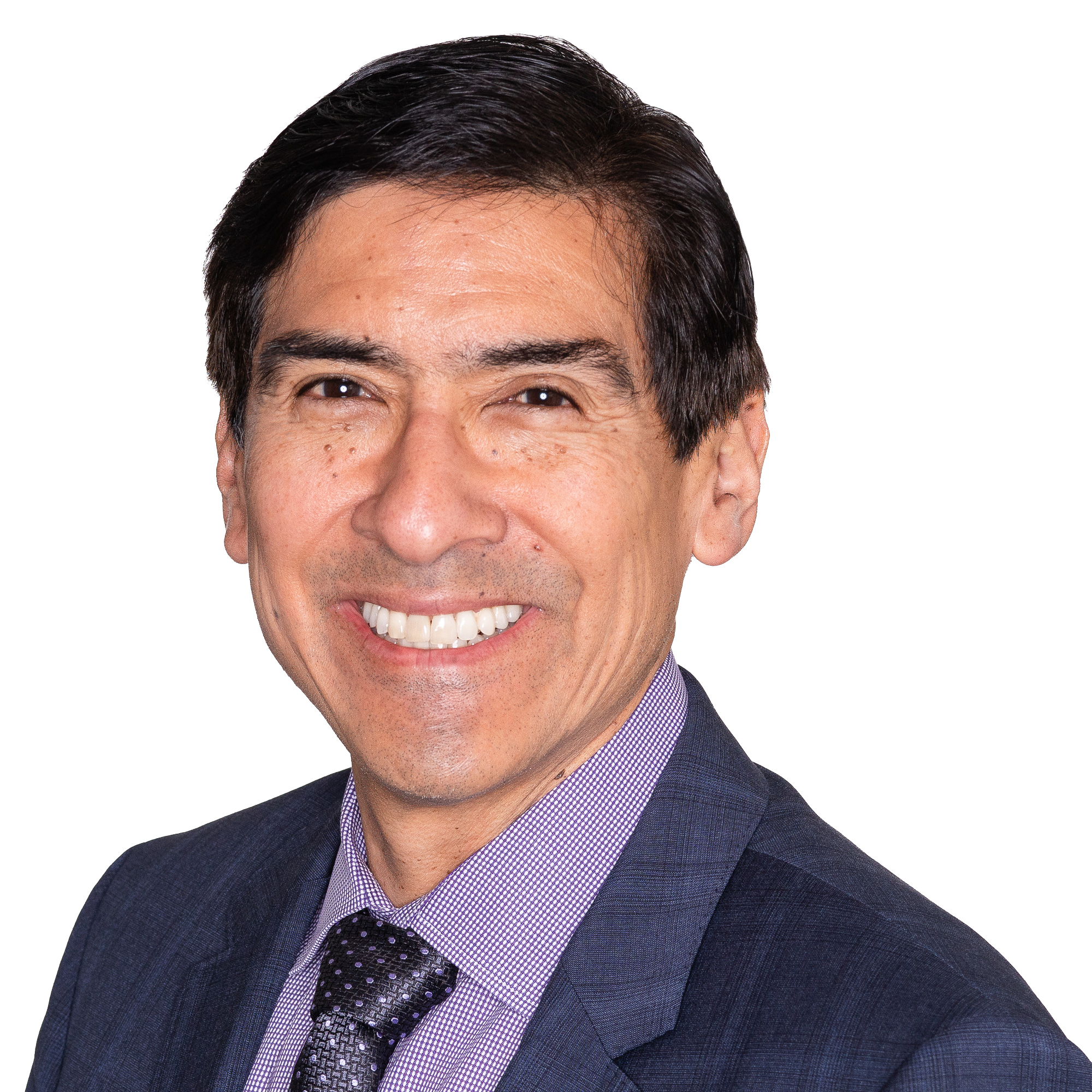View Post


Uncategorized
Access to Justice Conference, Sept. 28-30
Gordon Thomas Honeywell is pleased to be a sponsor of the Alliance…
GTH
September 11, 2023
•
< 1 min
View Post


Uncategorized
Court of Appeals Affirms Trial Victory in Neighbor Dispute
On July 24, 2023, Division I of the Washington Court of Appeals…
GTH
August 3, 2023
•
< 1 min
View Post


Uncategorized
Partner Jemima McCullum Rejoins TAM Board
Partner Jemima McCullum has rejoined the Tacoma Art Museum (TAM) Board of…
GTH
July 12, 2023
•
< 1 min
View Post


Uncategorized
Federal and Washington State Updates to Employer-Employee Arbitration, Confidentiality, Non-Disclosure, and Non-Disparagement Agreements
Spring of 2022 has seen notable changes to both federal and Washington…
GTH
May 12, 2022
•
2 min
View Post


Uncategorized
Stephanie Bloomfield achieves Trial Lawyer of the Year honor
Stephanie Bloomfield is being honored by the American Board of Trial Advocates…
GTH
October 20, 2021
•
< 1 min
View Post


Uncategorized
GTH Welcomes Chelsea Rauch
The firm is excited to welcome our newest Associate, Chelsea Rauch. Before receiving…
GTH
October 20, 2021
•
< 1 min
View Post


Uncategorized
Meet our future leaders!
The firm is excited to welcome Ian Leifer and Kirsten Parris. Ian joins…
GTH
August 13, 2021
•
< 1 min
View Post


Uncategorized
GTH Welcomes New Partner Molly Kling Crowley
GTH is delighted to welcome our new partner, Molly Kling Crowley. Molly has…
GTH
August 11, 2021
•
< 1 min
View Post


Uncategorized
Super Talented. Super Dedicated.
GTH takes pride in announcing our 2021 Washington Super Lawyersand Rising…
GTH
July 15, 2021
•
< 1 min
View Post


Uncategorized
Salvador Mungia joins the American Bar Foundation’s new podcast
Today, the American Bar Foundation (ABF) launches our new podcast: Whose Law Is…
GTH
April 29, 2021
•
2 min